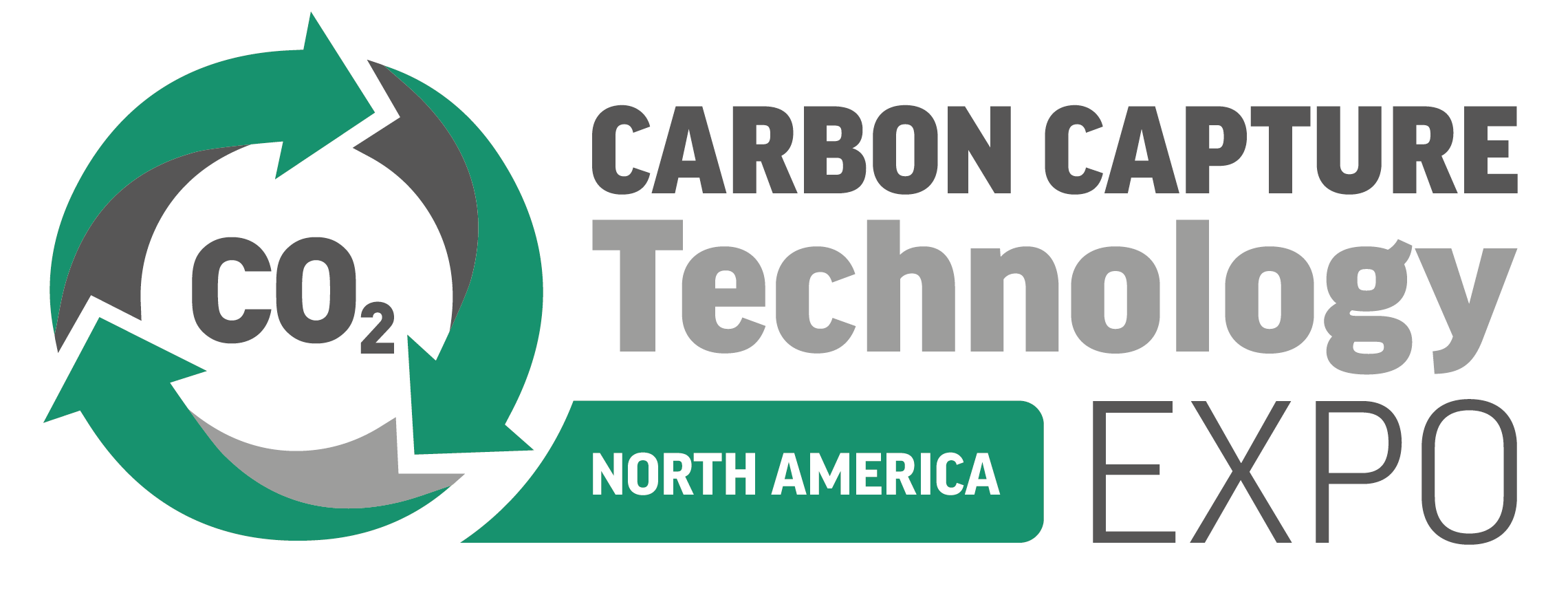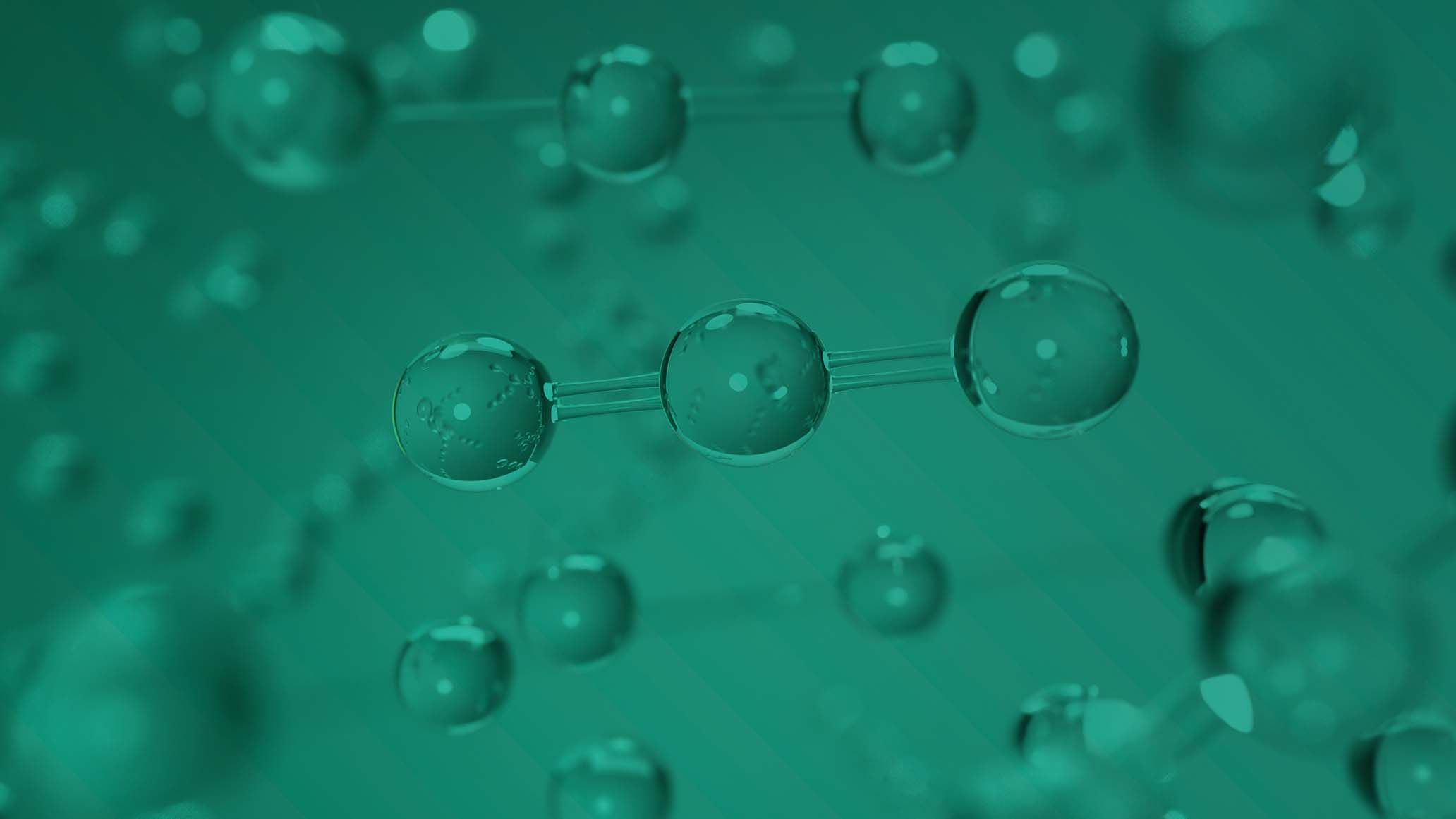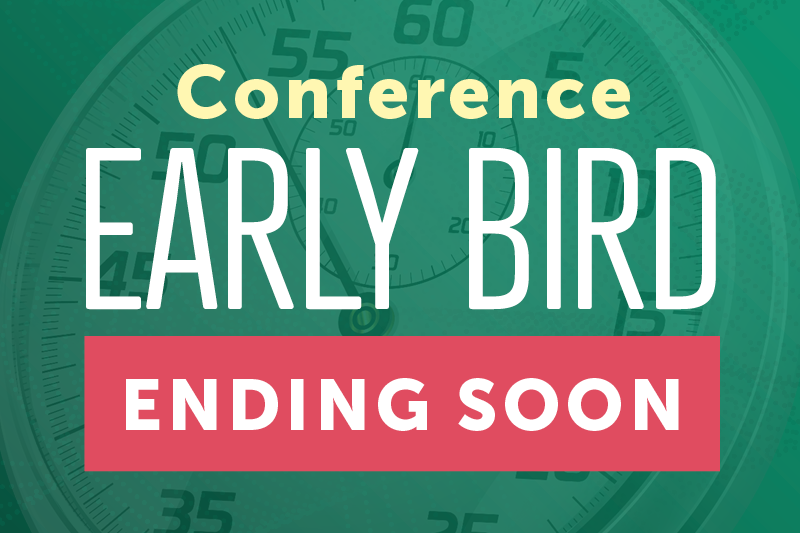Phase 2 of CO2 storage studies in Georgia will be run by Block Energy
)
The plan for Phase 2 will involve both desktop and laboratory studies, which will be followed by a pilot injection scheme. This scheme has been designed to achieve a monitoring and verification plan for carbon storage, ultimately allowing commercialization of the project.
So far, progress has been made on the project, as three commercialization options have already been identified and these options clearly look at both the mandatory and voluntary carbon markets. On top of this, part of the study will be dedicated to focusing on the further definition of commercialisation.
In order to conduct these studies, Block Energy has agreed to undertake them within a partnership with Rustavi Azot, which is a subsidiary of Indorama Corporation and this arrangement aligns with the previously created Memorandum of Understanding. Further to this, all technical support will be provided through Oilfield Production Consultants Ltd, which is the company who originally defined the potential of the license around carbon sequestration.
It was revealed that the technology that was proposed for use as storage for CO2 in the Middle Eocene, carries a lot of similarities to the technology that was successfully deployed by CarbFix in Iceland. It also displays similarities to the technology that is involved in the ongoing pilot by 44.01, located in the United Arab Emirates. The process that the company plans to follow is, that carbon dioxide will be dissolved in water, then it will go on to be injected into the zeolite rich Middle Eocene reservoir. Once it is here, the CO2 will be expected to mineralise into calcium carbonate. This process results in the majority of the carbon dioxide being sequestered in less than twelve months.
Right now it is anticipated that the project will benefit from low costs that will be caused by the re-use of existing field infrastructure, as well as proximity to sources of industrial emissions. Furthermore, all the water for the scheme will be recycled from the existing Middle Eocene aquifer, which is a non-potable aquifer that is a significant size. Moreover, the extensive contributions of hydro to Georgia’s electricity grid, is what will help to advance the project’s environmental credentials.
It has already been planned that, when the stage 2 studies have been received, Block and Rustavi Azot will collaborate in order to target the pilot injection of CO2 into the reservoir in Q1 2025.
Block Energy Chief Executive Officer Commenting, Paul Haywood, commented, "We are excited to advance to Phase 2 studies for our CCS project in partnership with Indorama. This project represents a crucial step in our commitment to climate action and aligns with our ESEG values as we embark on developing the broader strategies across our portfolio. We have engaged in productive discussions with interested parties concerning long-term commercialisation and scalability. Now, we look forward to transforming the project from concept to reality, seeking proof of concept, around injecting CO2 into the reservoir for permanent storage. By employing mineralization, a maturing technology, we can offer a cost-effective solution that stands apart from conventional offshore carbon storage methods."
Haywood added, “The upcoming pilot injection and monitoring plan signify major progress toward commercialisation and full-scale development. I look forward to updating shareholders on further milestones as we continue to push boundaries in low-carbon energy solutions."



)
)
)
)
)
)
)



)
)
)
)
)
)
)
)
)
)
)
)
)
)

)

)
)
)

)
)
)
)
)
)
)
)
)
)
)

)

)
)
)
)
)
)
)
)
)


)
)
)

)
)
)

)
)
)
)
)

